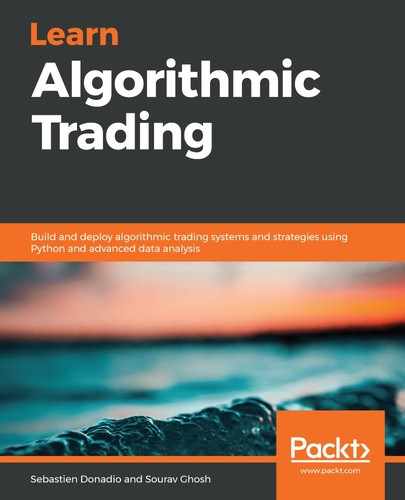The other risk that isn't everyone's first thought has to do with making sure that algorithmic trading strategies are not violating any regulatory rules. Failing to do so often results in astronomical fines, massive legal fees, and can often get participants banned from trading from certain or all exchanges. Since setting up successful algorithmic trading businesses are multi-year, multi-million dollar ventures, getting shut down due to regulatory reasons can be crushing. The SEC (https://www.sec.gov/), FINRA (https://www.finra.org/), and CFTC (https://www.cftc.gov/) are just some of many regulatory governing bodies watching over algorithmic trading activity in equity, currency, futures, and options markets.
These regulatory firms enforce global and local regulations. In addition, the electronic trading exchanges themselves impose regulations and laws, the violation of which can also incur severe penalties. There are many market participants or algorithmic trading strategy behaviors that are forbidden. Some incur a warning or an audit and some incur penalties. Insider trading reports are quite well known by people inside and outside of the algorithmic trading business. While insider trading doesn't really apply to algorithmic trading or high-frequency trading, we will introduce some of the common issues in algorithmic trading here.
This list is nowhere near complete, but these are the top regulatory issues in algorithmic trading or high-frequency trading.
